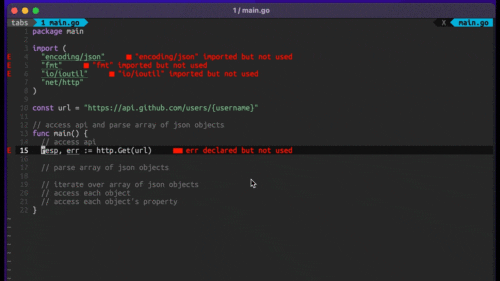
Four Key Reasons to Learn Markdown
Back-End Leveling UpWriting documentation is fun—really, really fun. I know some engineers may disagree with me, but as a technical writer, creating quality documentation that will...
Ruby on Rails is an open source, free framework for rapidly prototyping and developing robust, scalable web applications. Ruby on Rails is excellent all by itself, but one of the greatest parts of the Ruby on Rails community is the extensive list of code libraries, plugins, and extensions, often shortened to just: Ruby “gems”, hosted on RubyGems. As of writing this, RubyGems reports that it is hosting over 28,000 gems!
That is not a trivial number. That is 28,000 code libraries that you don’t have to write to get your application up and running. That is hundreds of thousands of lines of code that have already been battle-tested in production applications for you. That is getting your application developed and ready for market faster and more efficiently, by re-using code and not re-inventing the wheel at every turn.
But there’s still a problem with all of these gems… How do you find out if a feature you want already has a gem for it amongst all of the options? Sometimes they have weird names. You might think, “maybe I am just not searching for the right word?” Even we have a tough time searching through this treasure trove of code, so we keep a list of Gems that solve common problems well.
Here are some of our favorites in use on many of our current client’s projects (and our own projects):
I highly recommend finding these gems on Github, taking a look at the source code and tests, and forking them (to customize or share, if necessary). It’s a great way to learn.
For finding gems on your own, Ruby Toolbox is a good site that tracks popularity of gems across different categories, like: “E-Commerce” and “Calendars” for example.
Do you have some gems that are “standard” in your toolbox?

Writing documentation is fun—really, really fun. I know some engineers may disagree with me, but as a technical writer, creating quality documentation that will...

Humanity has come a long way in its technological journey. We have reached the cusp of an age in which the concepts we have...

Go 1.18 has finally landed, and with it comes its own flavor of generics. In a previous post, we went over the accepted proposal and dove...